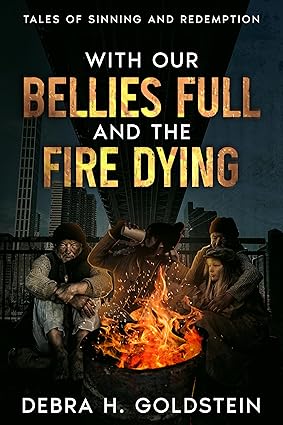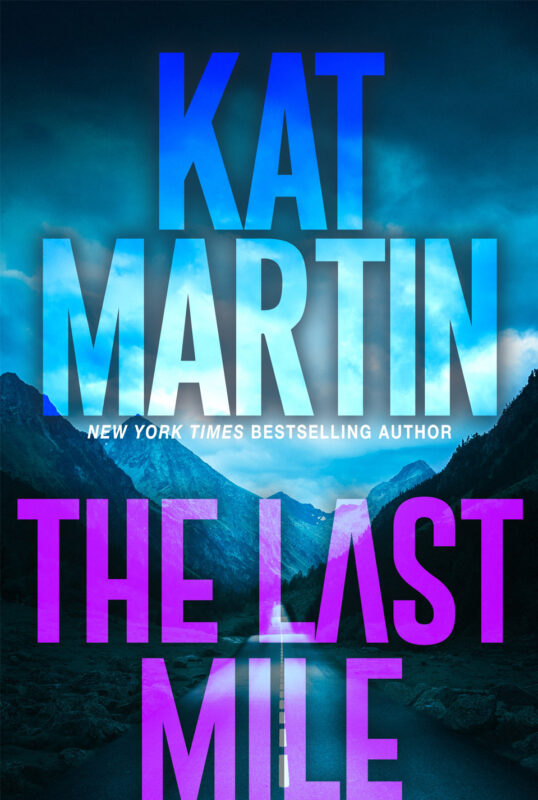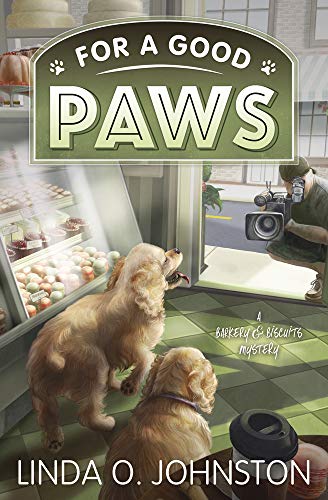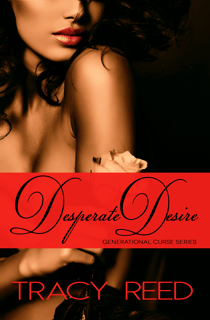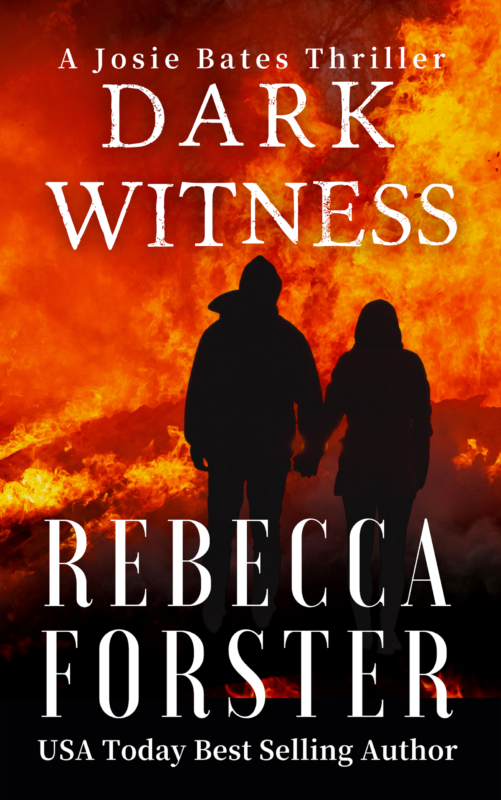Dear Extra Squeeze Team, How Do I Price My Novel?
July 31, 2018 by The Extra Squeeze in category The Extra Squeeze by The Extra Squeeze Team tagged as ebook pricing, Marketing, The Extra Squeeze, writing
Dear Extra Squeeze Team, I’m ready to self-publish my first novel as both an ebook and a paperback. It’s a romantic suspense novel and about 90,000 words. How do I figure out what to charge? I don’t want to be too cheap, but I don’t want to be too expensive either. Help! How do I price my novel?

Rebecca Forster
USA Today Bestselling author of 35 books, including the Witness series and the new Finn O’Brien series.
I love that this author has provided so much information. Her query is objective, communicated the pertinent information and is focused. Kudos. Many authors – first time and seasoned – simply calculate how much money they can make at different price points and choose the highest one that they believe the market will bear. What they don’t take into account are market forces and there are plenty of them.
This lady is a first-time author intending to publish as an indie. It is clear that she understands her genre. I will assume her book is awesome. Now let’s look at what she is going to face. There are currently about 2,500 new books published through Amazon a day. She will be competing with seasoned, midrange and newbie authors all of whom are publishing books at the same time she is. Some will offer their books for free and others for $.99. Many will leave those books at these price points for promotional purposes with the objective of getting their books into as many readers’ hands as possible. They will be hoping to garner reviews. In my experience it takes about 100 downloads to get one review. That’s a lot of books you have to sell. If you overprice your work, no one will buy it. Spending $6.99 on an unknown will not be as attractive as receiving a free book or one at $.099. Many best selling authors (myself included) price their books at $3.99 and $4.99. Anything under $5.00 is considered a bargain book and is more easily promoted on advertising sites and book-dedicated social media sites. There are so many more nuances one can address regarding pricing but covering them all would be a novel in and of itself.
My advice to this author is to read over the above, take a look at the bestsellers in her genre and make a list of price points. I would include general thrillers in this list also because there is a ton of crossover between straight thrillers and romantic suspense. At the same time, assess how you are introducing yourself to the reading public. Do you have your website, your social media accounts, your branding in tip-top shape? Are book two and three almost done (indie publishing has taught me that readers will veer to an author with deep inventory because, if they like your work, they want to click for the next one). Does your cover scream quality? People pay a little more if it looks like the next big thing but not much.
To put this in perspective, I have published (traditionally and as an indie) over thirty books. I have experimented with many price points from $.99 to $6.99. $2.99 to $3.99 is the sweet spot (read Mark Coker’s blog post at Smashwords on pricing). You can make a good living at this price point but not without a heck of a lot of work.
Price this first book to sell, garner fans, ask for reviews, build up your profile everywhere and keep writing so that you have inventory. This is a long-haul profession. It looks like you’re ready for it. Good luck.
P.S. I price my paperbacks for minimal return. I might make $1.00 to $2.00. That is because I want them to be reasonably priced and I know that 97% of my business as an indie is in digital sales.

Jenny Jensen
Developmental editor who has worked for twenty plus years with new and established authors of both fiction and non-fiction, traditional and indie.
Two very successful authors and one savvy, marketer share this panel with me. I’ll leave the hard marketing advice to their tried and true experience and respond as a consumer.
I’m a champion of Indie publishing. I read a lot, all genres, and I love to discover new writers. Unfettered access to any voice that wishes to be heard is the outstanding feature of Indie Publishing. I know I’m not alone in this opinion so as a new, untested voice I salute your maiden voyage.
I download work by unknown authors at least twice a week. My price point for an unknown is from 0 to 1.99 and there are several criteria that prompt my choice: a compelling title, one that invites, intrigues or amuses always gets a second look at the cover and a close read of the story blurb. It’s that book description that’s the hook. It must be revealing to a tantalizing extent (no spoilers), descriptive of some feature that sets the book apart from the cookie cutter template of the particular genre — maybe a well-crafted sentence or two that reveals a great character, an intriguing setting or a particularly unique situation. It must include something of the challenge inherent in the plot — in other words, give me a reason to want to read the story.
This short sell copy reflects the writer’s style and skill so it’s critical that the voice I’m considering spending my time with comes through loud and clear. Poor grammar, clumsy wording and typos are an immediate reason to move on, as is a dry recitation of plot points. If the cover matches the level of professionalism and care reflected in the title and the description, I bite. It sounds like my perspective buyer self takes in these criteria in an orderly way. Not so; it’s the blending of all the features that makes a work by an untried author enticing.
Considering just how fierce the competition is it’s great to have access to various platforms where you can stand out. Whether it’s an offering on a Bookbub-ish bargain site, a platform like Indie Book Nexus or a genre specific site, this is your chance to cut yourself from the herd.
There are degrees of how strong the attraction of a book offering is. I’ll always try a .00 price point book if the presentation interests me. I don’t view that as a cheapened offering, rather I see it as an invitation. If I’m going to invest up to 1.99 then I need an assurance of quality. The care and passion of the book sell copy is reflective of the care and passion in the work. It takes an excellent presentation to move me to my 1.99 limit. That hasn’t happen often for a new author with a stand-alone book. Of course, editorial reviews help — nice stuff if you can get it, but I don’t require that.
I’ll add that when I’ve fallen in love with a new author and she has no published work to move on to I am bummed. I vow to keep a lookout for a ‘next’, but it does not stay top of mind. A link to a mailing list for the next book’s release date is pretty good compensation.
You’ve made the decision to publish so I’m sure you’ve had the manuscript thoroughly edited and it is the best product you can provide to the reading public.
Invite every potential reader and if it’s a freely given invitation then know you’ll begin growing your audience. Wow me and I’ll pay for the next book. It’s an investment.






